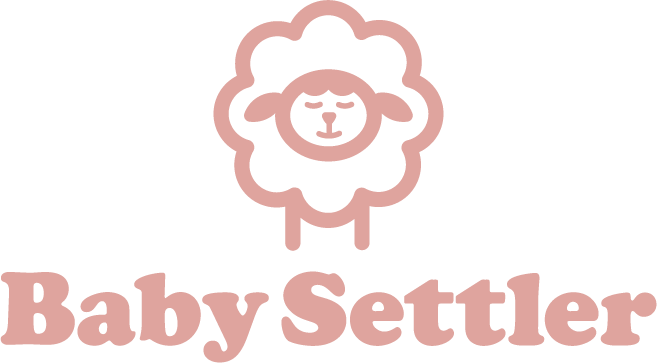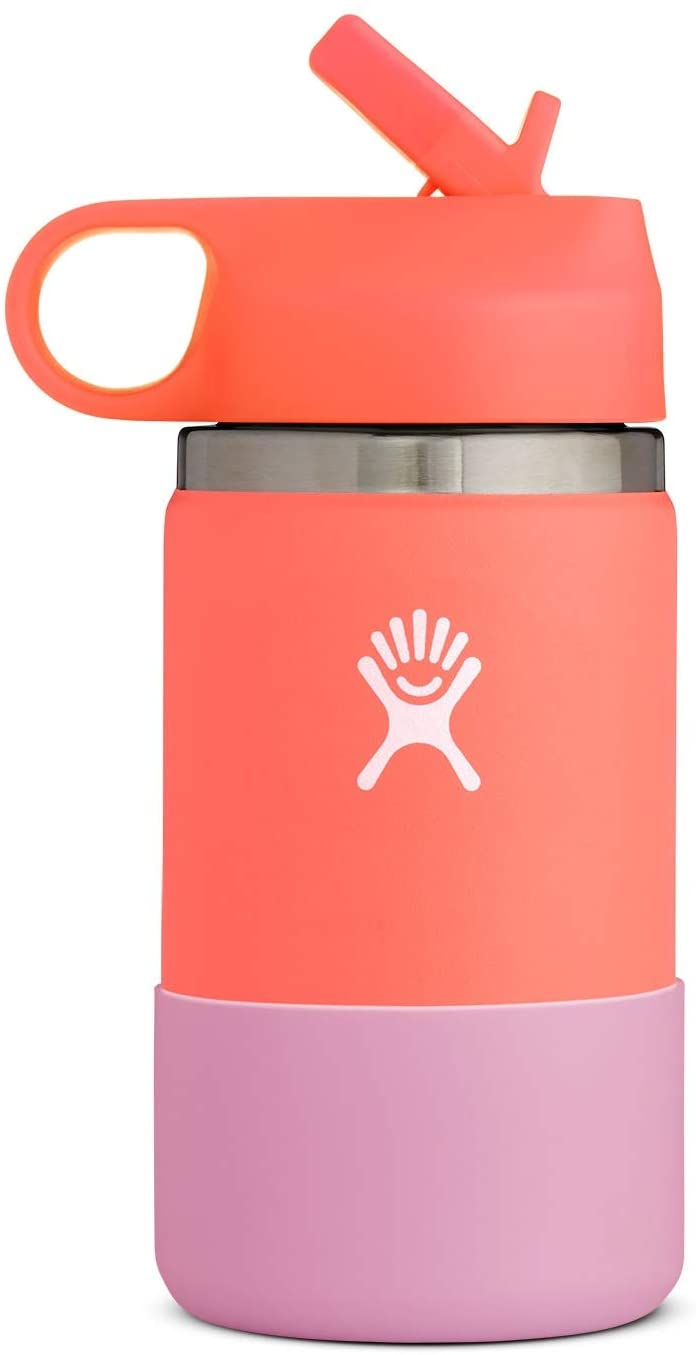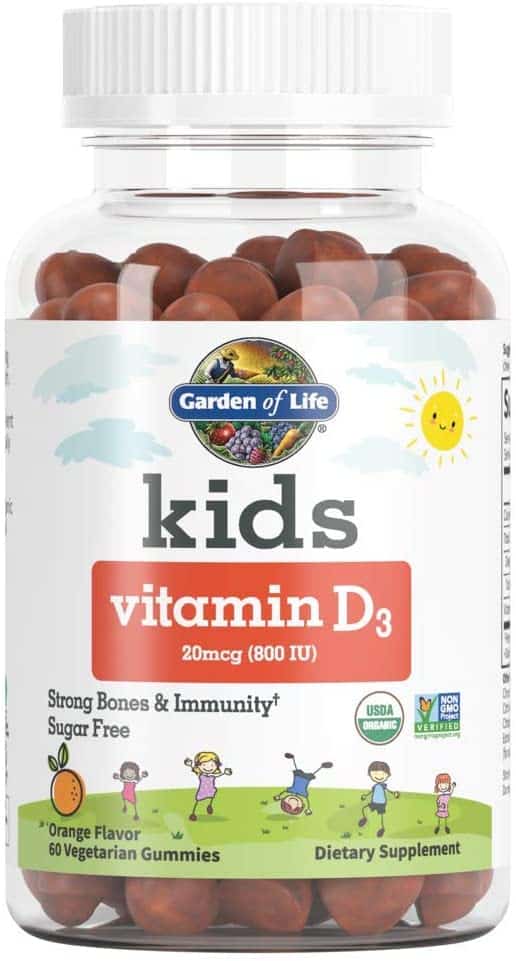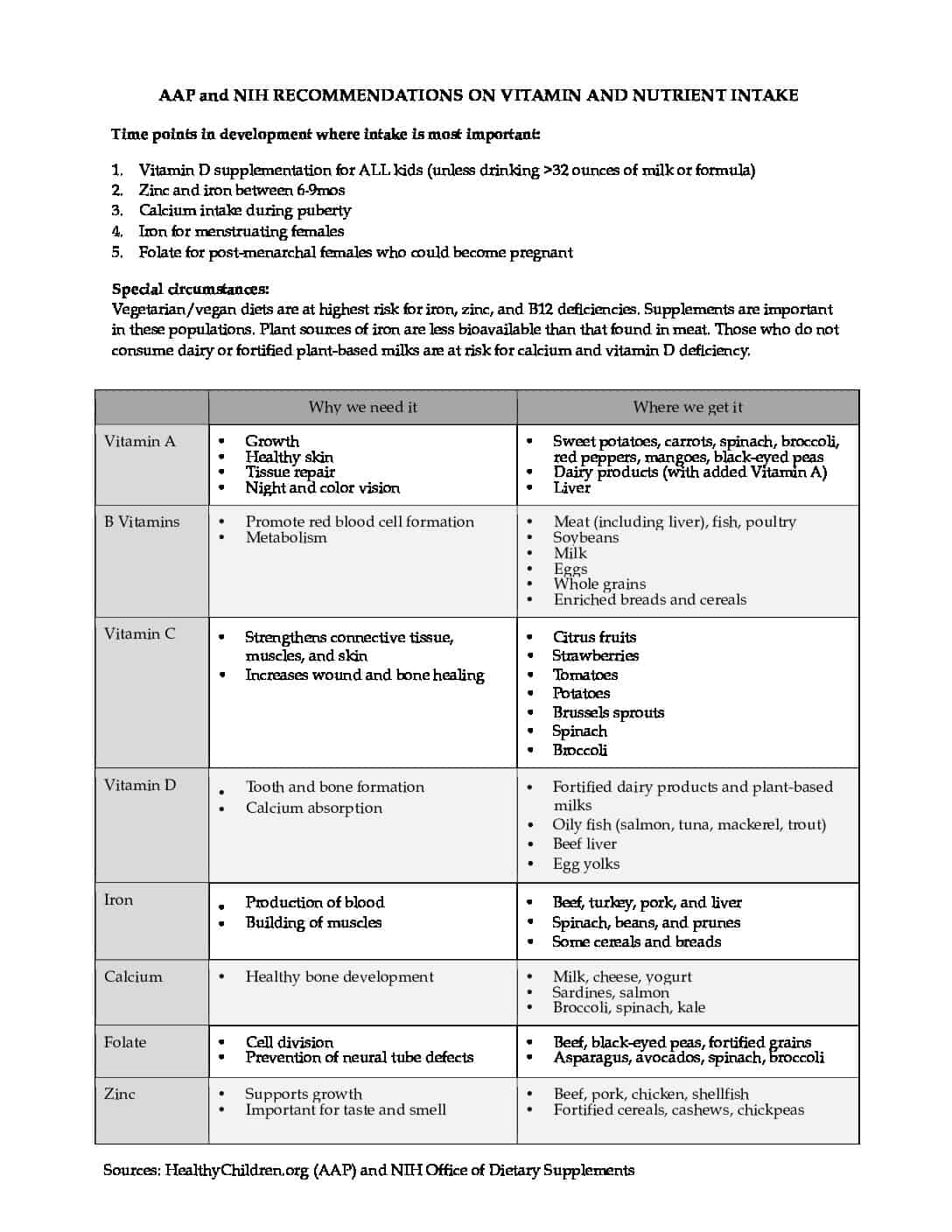Baby Settler Blog
How do you transition your baby (after 12 months) from breastmilk or formula to Cow’s milk?
Have you googled this yet? As my first baby was approaching 12 months old, I found myself searching for this information. I thought it was as simple a process as changing out the breastmilk or formula for cow’s milk – in the bottle. That was almost nine years ago. I’m so thankful there’s so much more and better information out there for parents now then there was back then. But, I still feel like it’s not as clear as it could be. And it’s not uncommon for many parents to find themselves making the transition from breastmilk or formula to cows milk in a bottle. Spoiler, this is NOT best practice. For one thing, cow’s milk has a lot of sugar in it, and it will cause decay on those baby teeth if you are giving your toddler a bottle of cow’s milk prior to bedtime. Today, I want to share some additional details on this topic.
Did you know that toddlers can become anemic when drinking too much cow’s milk?
It’s true. Some toddlers would prefer to continue to drink 24(+) ounces of cow’s milk each day instead of a diet filled with real, whole foods. They don’t get the iron needed when they aren’t eating real, whole foods. Iron deficiency is one of the most common micronutrient deficiencies worldwide and young children are a special risk group because their rapid growth leads to high iron requirements. One of the risk factors associated with a higher prevalence of Iron deficiency anemia is high cow’s-milk intake and low intake of iron-rich complementary foods.
Let’s go back to talking about those sugars in cow’s milk.
Lactose is made up of two simple sugar molecules — glucose and galactose. In order for it to be absorbed by the body, lactose has to be split into its two components by an enzyme called lactase, which is found in the lining of the small intestine. While lactose intolerance is rare in babies and tots, some little ones with dairy sensitivities may actually have an intolerance to the milk proteins whey and casein (versus the milk sugar with lactose intolerance.) But for those babies and toddlers who are lactose intolerant, the activity of lactase is ineffective, and it’s unable to digest and absorb lactose in the small intestine. The lactose then passes into the large intestine, where it is fermented by gut bacteria. This process produces carbon dioxide and hydrogen, as well as certain byproducts- this often has a laxative effect.
Around two years old, toddlers’ bodies produce less lactase. And this is why signs of lactose intolerance may begin during the toddler years. Two years old is also when the body starts to produce less lactase, the enzyme needed to break down lactose, so signs of lactose intolerance may be especially evident in the toddler years.
When looking at the American Academy of Pediatrics recommendations about milk consumption, this is what we find:
- Toddler milks. Toddler milks or “transitional formulas” are unnecessary for most children and provide no nutritional benefit over a healthy, balanced eating plan.
- Plant milks. Few plant milks (other than fortified soy) are nutritionally equivalent to cow’s milk and are not recommended for exclusive consumption in place of dairy or soy milk, unless medically indicated.
Let’s dig into this a little…
Cow’s milk is not the only option for our toddlers, and soy may not be the best alternative. Soy protein is similar to cow milk protein and often prompts a similar reaction in children who have dairy intolerance.
While there are nutritional benefits when drinking cow’s milk, you can get those same nutrients from other sources as well: real, whole foods. There are lots of “toddler formulas” I’ve seen being marketed (and these are what the AAP is referencing when they say “transitional formulas”). Most of these toddler formulas are full of sugar and aren’t really beneficial to our toddlers. When you’ve made the decision to eliminate cow’s milk from your toddlers diet, it’s important to make sure your toddler gets adequate calcium and Vitamin D in their diet. In addition, dairy products also provide protein and magnesium.
Here are my recommendations:
- Water and “milk” should be the primary/only liquid intake. Your toddler doesn’t need fruit juice or any other flavored drinks.
- The AAP has to make their statement black and white to simplify their recommendation. This is why you see them promoting dairy (cow’s milk) as a necessity in our toddlers’ diet, AND many toddlers will not have an intolerance to dairy. But for those who do (or for the families who prefer to keep dairy out of their diet), it’s important to know about other options and what nutrients are important for our toddlers.
- Drinking a lot of milk can cause toddlers to not eat enough “real food”. (I see this all the time.)
- Only offer “milk” with meals (and in small amounts). I’d offer in cup (not with a straw)
- Don’t let your toddler drink milk throughout the day. Have your toddler drink water. Find a cup with a straw and allow them unrestricted access to it throughout the day. I really like these 12 oz Hydro Flasks for toddlers.
- Vitamin D deficiency – make sure your toddler is getting vitamin D3. Check out Garden of Life Kids Organic Vitamin D3 Gummies!
- Toddlers can be picky- find foods they enjoy/like to get them the nutrients they need. This may be constantly changing as their palates certainly do!
The nutrients toddlers need are the following:
- Fiber
- Protein: Your child requires protein for the proper growth and functioning of his body, including building new tissues and producing antibodies that help battle infections. Protein-rich plants include dried beans and peas (legumes), grains, seeds, and nuts. Other protein-rich foods include meat, fish, milk, yogurt, cheese, and eggs. Animal products contain high-quality protein and a full array of amino acids.
- Healthy Fats
Source Committee on Nutrition (Copyright © 2016 American Academy of Pediatrics)
It can be really hard to get our toddlers to eat a well-balanced diet full of real, whole foods.
After your infant’s first birthday, he will grow at a much less rapid rate. In return, he may eat significantly less. And this is OK! Let your toddler eat as little or as much as he wants. Make sure you’re offering foods that are nutrient dense (not empty calories). Often, they may prefer highly processed foods that are full of sugar and sodium.
In the Journal of Nutrition, a study showed:
“Intakes of undesirable nutrients such as sodium and saturated fat often exceeded adequate intakes or acceptable macronutrient distribution ranges, whereas intakes of more desirable nutrients such as fiber, vitamin D, and potassium too often fell short of recommendations (18). Also, energy intakes often need attention.
At all ages, children had satisfactory intakes of B vitamins, vitamins C and K, and most minerals except potassium. However, nutrients such as fiber, vitamins D and E, potassium, and (in some infants) iron began to deviate downward, whereas both sodium and consumption of high-calorie, high-sugar foods and beverages began to escalate upward from recommendations in toddlers, becoming even more pronounced among young children. The family eating patterns that young children transition to need improvement. Imbalances between calorie-dense but not nutrient-dense foods and more nutrient-dense foods (such as whole grains, fruits, and lean protein foods) are apparent in family diets (Dwyer, 2016).”
In addition, here’s a nutritional guide for reference.
Know your options.
Know what nutrients and vitamins are important for your little ones development! Then, know you have the CHOICE to decide if dairy will be part of your toddlers diet. If you decide it’s not, then make sure you’re giving your toddler real, whole foods that are full of all the nutrients and vitamins she needs.
If you’ve decided to go dairy free: Try ELSE Plant-Based Complete Nutrition Formula for Toddlers. It’s the only toddler “formula” I’d recommend: Remember, this is NOT an infant formula (it’s for toddlers: babies older than 12 months)
You’ve got this Mama!
Hillary
Ways to Get Your Partner Involved with Your Newborn Even if You’re Breastfeeding
From the moment you see those two pink lines, life as you know it changes forever. The journey into parenthood is exhilarating, yet it often feels like a roller coaster ride with no manual to guide you. For many new moms, especially those who are breastfeeding, it can...
The Default Parent (an opinion piece)
I want to start out by saying that I'm blessed to have an incredible partner in my husband. Honestly, there are many times when I sit back and compare myself to him and feel completely inadequate in my role as a wife and mother. He does it all- literally. He is an...
How to Choose the Best Pediatric Provider for your Family
How to choose the best pediatric provider for your family. Trying to choose the best pediatric provider for your family has always been a really important decision But honestly, I think it’s more important now than it ever has been. When I was having my first...
Expert Insights Delivered to Your Inbox
Follow Along
Meet Hillary
Courses
Consultations
Gift Certificates
Blog
My Amazon Shop
Write a Review
Terms & Conditions









